GBS Malta specialises in delivering formative education at the master’s and bachelor’s levels — with a focus on professional career development. As an institution with a high number of postgraduate students from across the world, we are proud to have a diverse student population that aspires to accelerate their career trajectories.
Students in Malta are in one of Europe’s safest countries. The international airport links Malta to all major cities across the continent and to the Gulf region. Once students arrive, they will appreciate the diversity of our welcoming Mediterranean island, with a great selection of things to experience and beautiful weather throughout the year.
Our students graduate with a blend of targeted academic, personal and professional development. They will be ready to proceed with confidence in their future careers with globally recognised British qualifications that are approved by the MFHEA board.
Campus Features
Study with GBS
GBS Malta is located in the heart of St. Julians, with everything you need at hand. All classrooms are equipped with the latest technology for teaching and learning, and there are dedicated spaces for study, research, and socializing. Our rooftop terrace has views of the surrounding area and is a great place to meet your fellow students.
Experienced lecturers, all experts in their field, will ensure that your classes are engaging and inspiring.
The student support team is there to help you with any academic or welfare assistance that you may need. The team is well-equipped to assist you with your Visa formalities right from the admission process to post-joining.
GBS Malta Campus
The campus has coffee shops, cafes, and local stores on the doorstep, and is centrally located for all that Malta has to offer – just 10 minutes from Sliema, 30 minutes from Valletta, and a five-minute stroll from a small sandy beach.
- classrooms with state-of-the-art technology
- computer lab for study and online research
- student library and dedicated quiet study space
- free Wi-Fi for all students
- rooftop terrace for socializing
Visa Requirements
If you are planning to study in Malta, there is a high likelihood that you will require a student visa.After 4 to 5 weeks in Malta, you will need to apply for an e-residence permit which will allow you to remain in Malta for the duration of your studies. Acquiring an e-residence permit allows you to live, study, and work part-time during your course at GBS Malta.
Malta Student Visa
Our dedicated Visa Support Team will provide you with specialist assistance for all the stages of your visa process.We can help you find out any potential visa requirements you might have, giving you a clearer understanding of the process. You might also need to bring certain original documents to Malta to complete the visa process.There are several important factors to consider when applying for a student visa, and the following information will highlight some of the key points you need to know.
Who needs a visa to study in Malta?
If you are not from Switzerland or an EU/EEA country, you will need a student visa to study in Malta. If you are planning to study with GBS Malta, then you will be studying either a full-time bachelor's or master's degree course. These full-time courses will be over three months in duration, so you will need an e-Residence Permit if you are a non-EU/EEA/Swiss national.
How to apply for a Visa?
At GBS Malta, we want to ensure that all our students have a positive visa application experience.This page will give you the information you need to make your visa application process easier to understand — giving you a better idea of the requirements throughout your visa application.The requirements stated here are subject to change due to internal policy changes from the Maltese Government, foreign policy changes, and other factors. We advise that you stay aware of the latest visa information by contacting your nearest Maltese embassy or High Commission in your home country. Following this advice will ensure that you are up-to-date with the latest information to support your visa application.
Student Visa and e-Residence Permit
A Visa is the official permission, which temporarily authorises individuals to travel to a foreign country so you need to check whether you are required to apply for a visa to travel to Malta.An e-Residence Permit on the other hand is the document that you will require to be able to remain in Malta for the duration of your studies. Following arrival and registration students should apply for an e-Residence Permit. This permit will also be used as an ID card and will allow you to travel within the Schengen Area, together with a valid passport.Although you might not need a visa to enter Malta, most students still need to apply for a Residence permit so it is best to familiarise yourself with the information before you arrive in Malta.
What documents are needed for a Malta student visa application?
Here is a list of common documents you could be asked to provide:
- Visa Application Form
- Recent Passport photo
- Valid passport/travel document
- Travel medical insurance
- Confirmed travel itinerary
- Proof of sufficient funds to study and cover living expenses
- Original letter of acceptance from GBS HE Malta
- Bank statements (last 3 months from date of visa application)
- Copy of bank card which can be used internationally
- Proof of living accommodation
- Proof of course fees paid (50% deposit or full)
- Original photocopy of the current passport
- Proof of sufficient language proficiency
- Course timetable (provided by the GBS Malta team)
- GDPR form (provided by the GBS Malta team)
Scholarships and Funding
Having a clear view of your finances as a student plays a big part in the outcome of your studies. You need to understand how to manage your study and living costs for a student experience with unnecessary stresses — allowing you to focus on your studies. The information listed below will help you understand the options available to meet your student finance needs and personal circumstances.
Scholarships
The Maltese Government provides scholarships to local and international students. These scholarships are delivered through the Ministry of Education and Employment, covering tuition fees and other expenses related to student finance. Scholarships available include the Malta Government Scholarship Scheme, the Commonwealth Scholarship, and the Erasmus+ program.
Student Loans
The Malta Development Bank provides student finance assistance for eligible students to pursue higher education in Malta. The loans cover tuition fees, living expenses, and other related expenses. Students are required to repay the loan after they have completed their studies.
Work & Study
GBS Malta can help you find work opportunities that help to build your level of professional experience and add value to your resume for the future. International students are allowed to work part-time for up to 20 hours per week during the academic term and full-time during holidays. You should check the regulations regarding work permits before taking up employment.
Employer Sponsorship
There are instances where employers will sponsor their employees through further education. This means that the employer will cover some or all student finance fees and related expenses for master's degree studies.
The Get Qualified Scheme (GQS)
The GQS program offers student finance incentives toward gaining a master’s degree. This scheme covers 70% of course fees up to a maximum of €10,000 per student on accredited courses with approved institutions. You must be at least 16 years old with a valid ID card and be a Malta resident for a minimum of 2 years to be eligible.
Self-Funding
If you are considering self-funding to cover your student finance requirements privately, you will likely need to have your savings. This isn’t a common option for students even at the postgraduate level, but GBS Malta can help you with personal guidance and support on how to manage your studies with self-funding.
Discover Top University
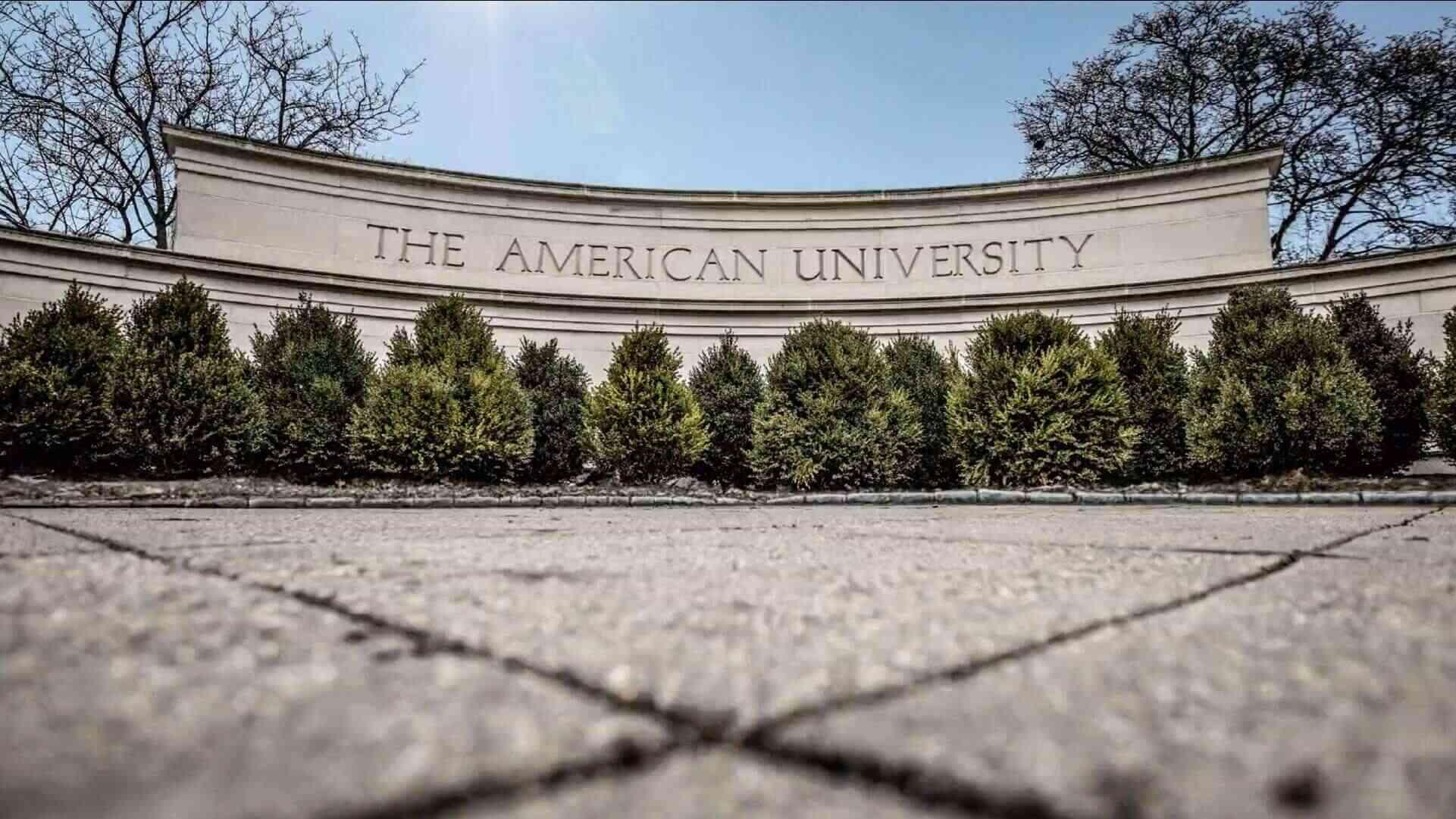
American University
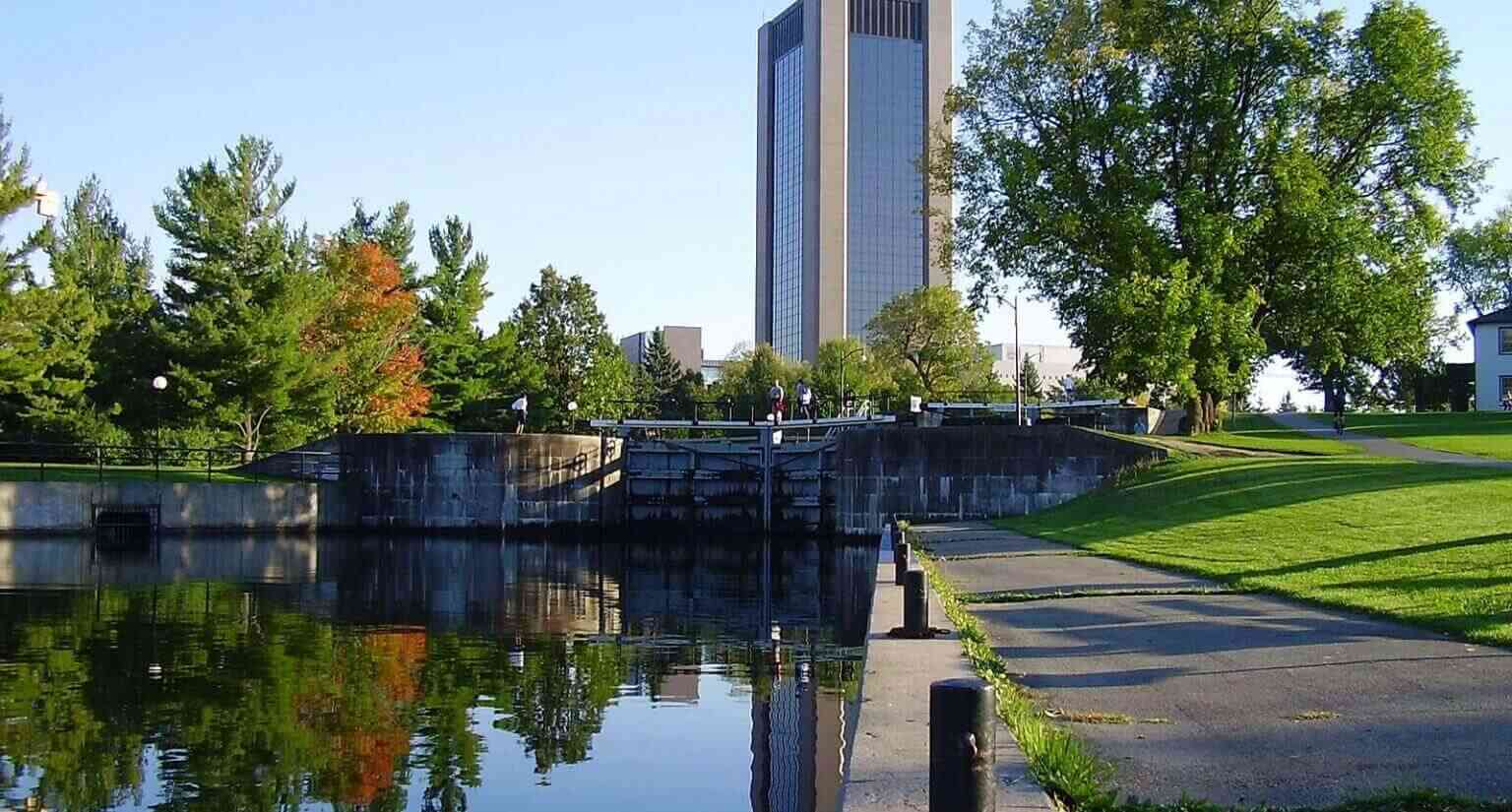
Carleton University
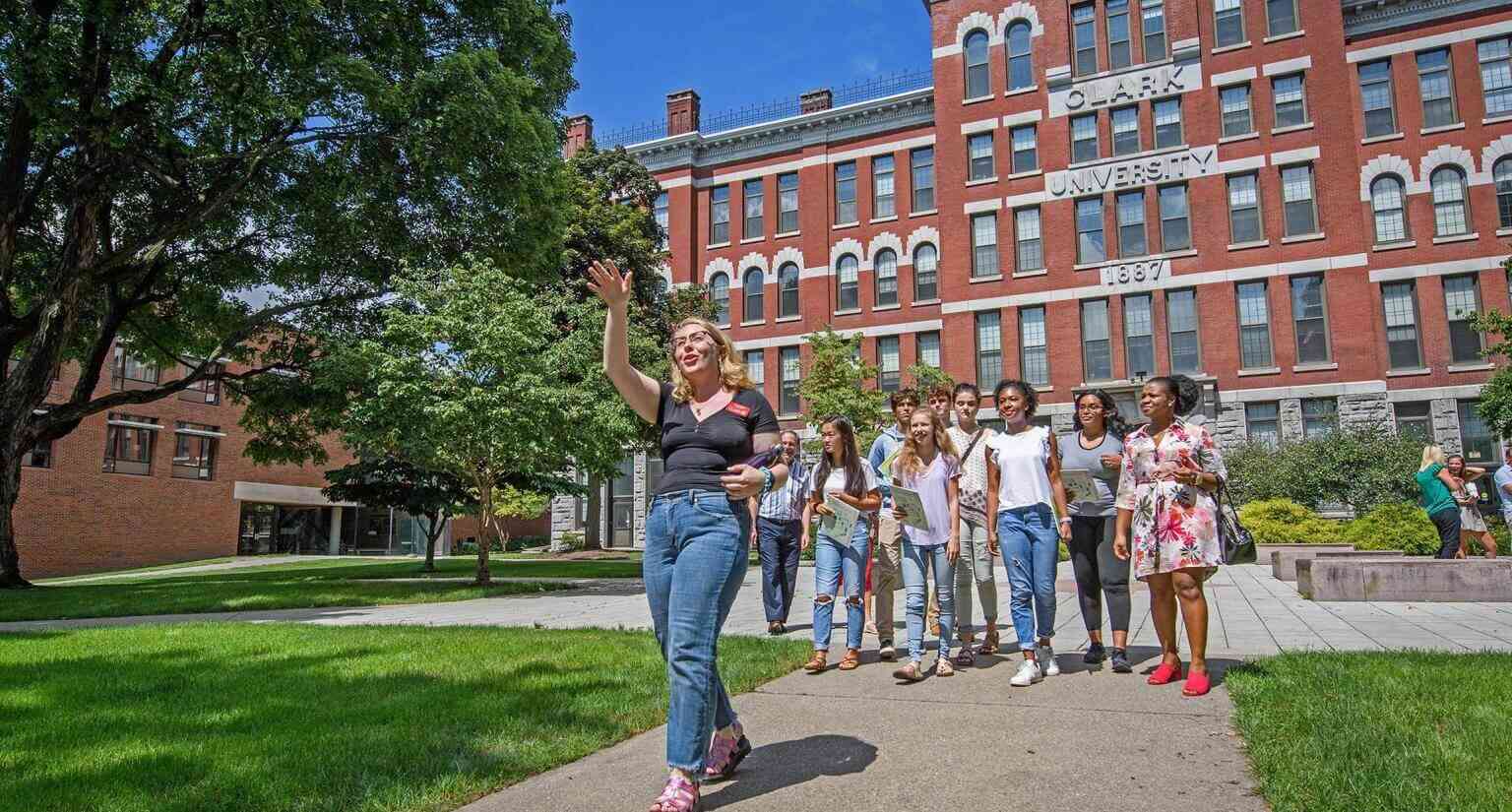
Clark University
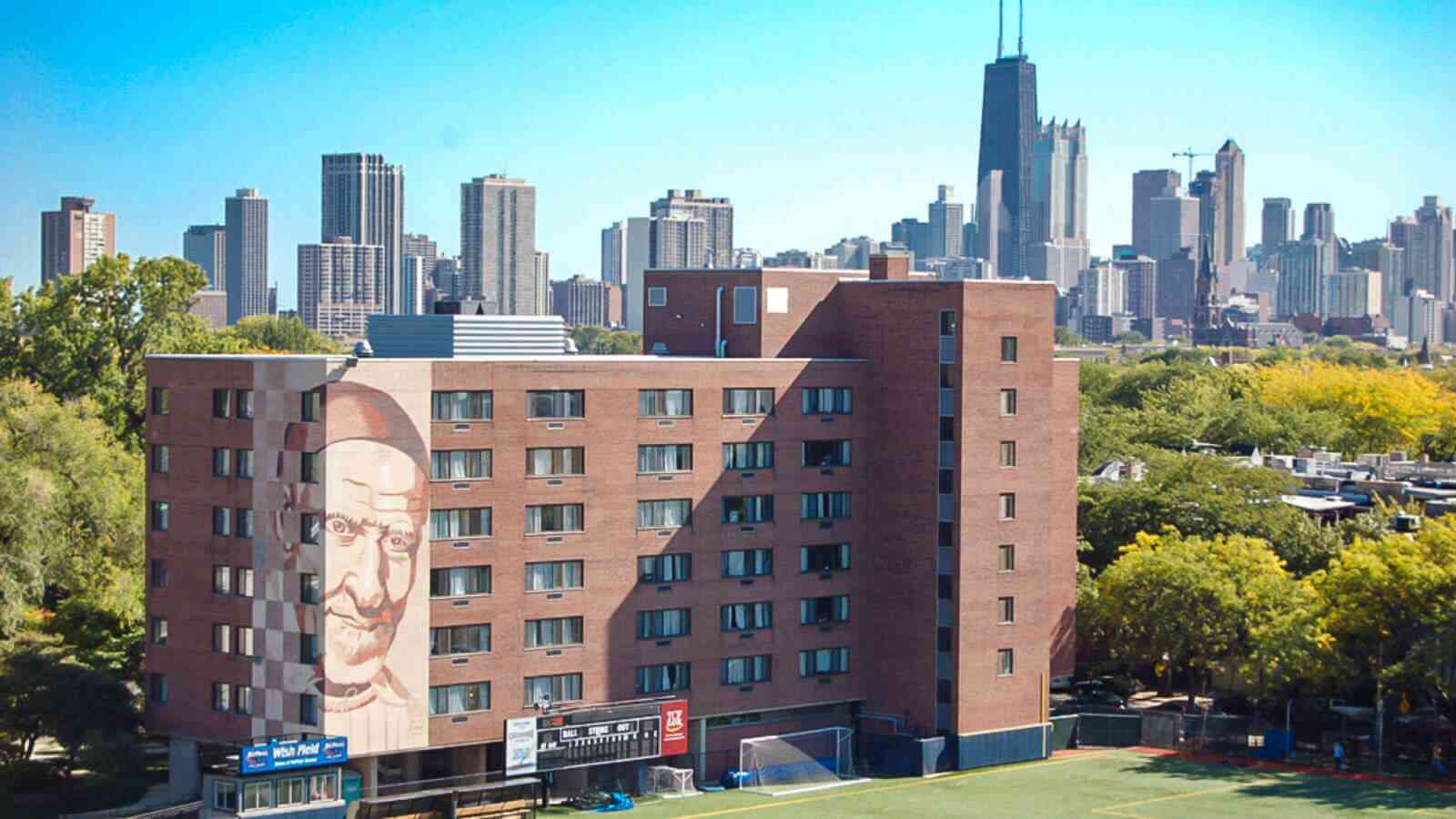
DePaul University
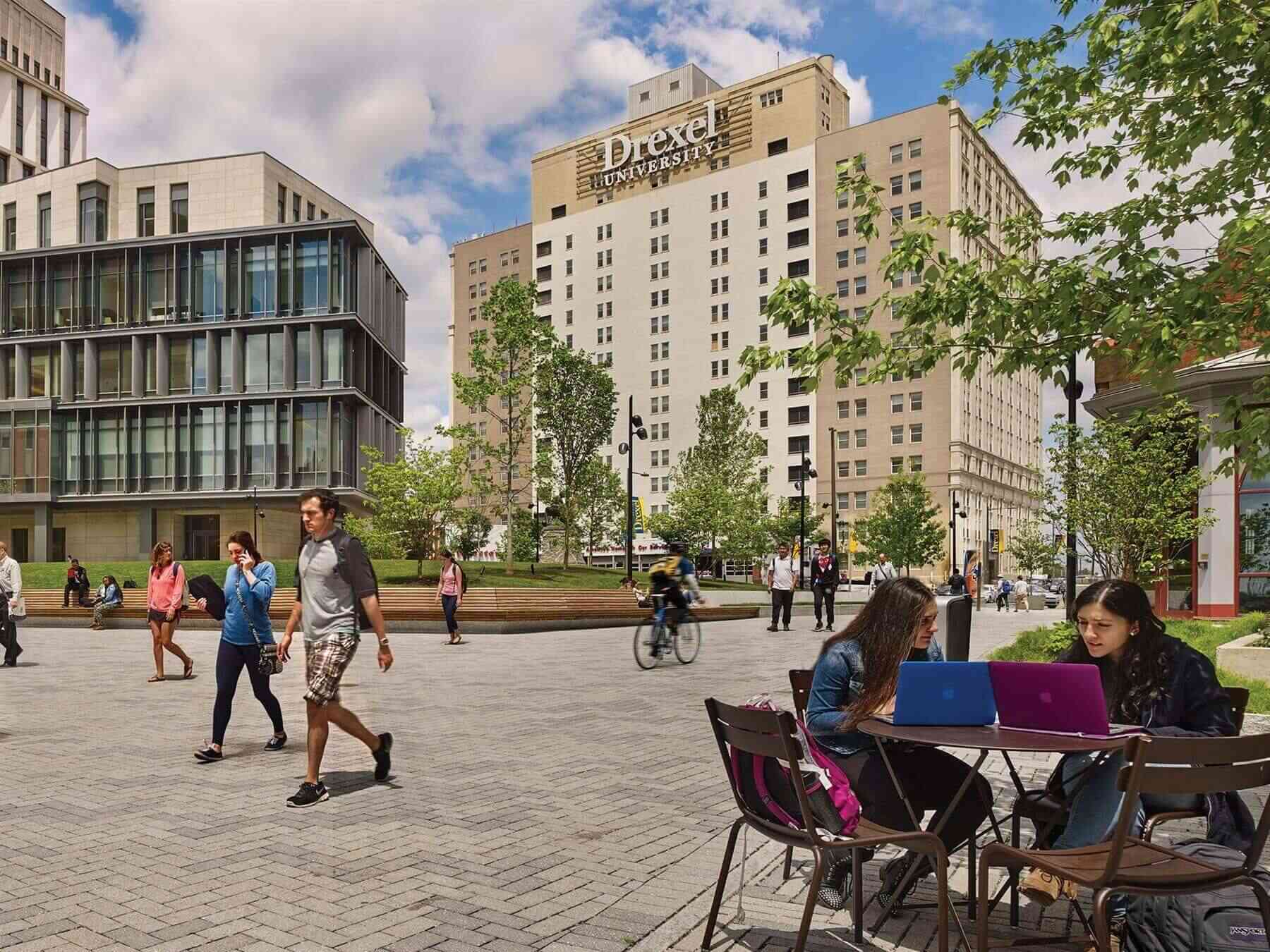
Drexel University
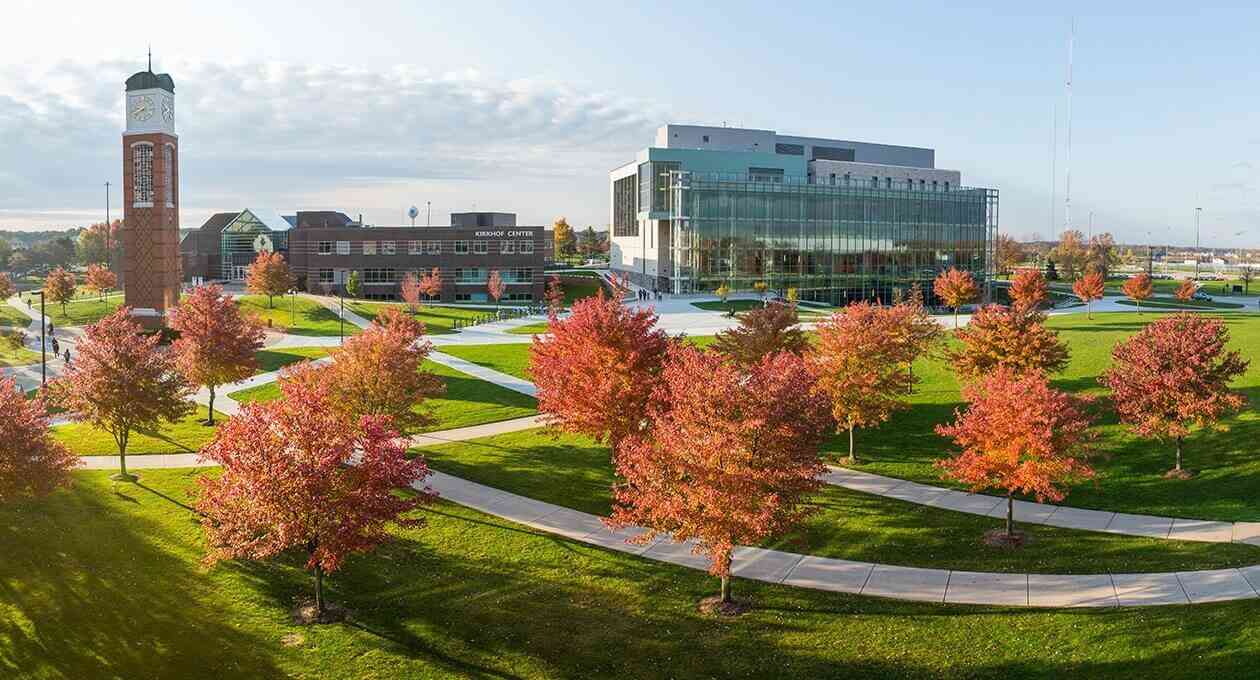
Grand valley state university
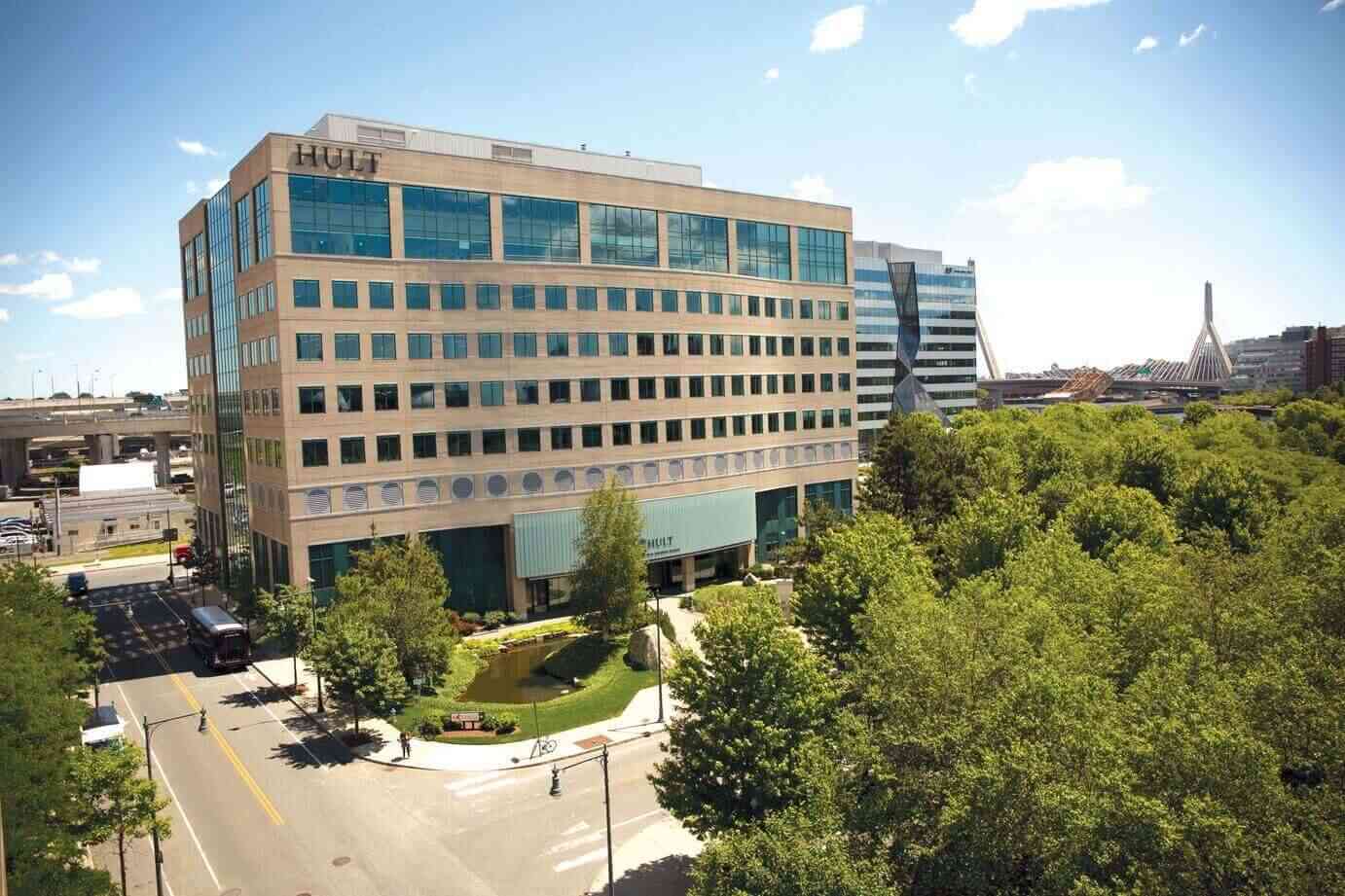
Hult International Business School
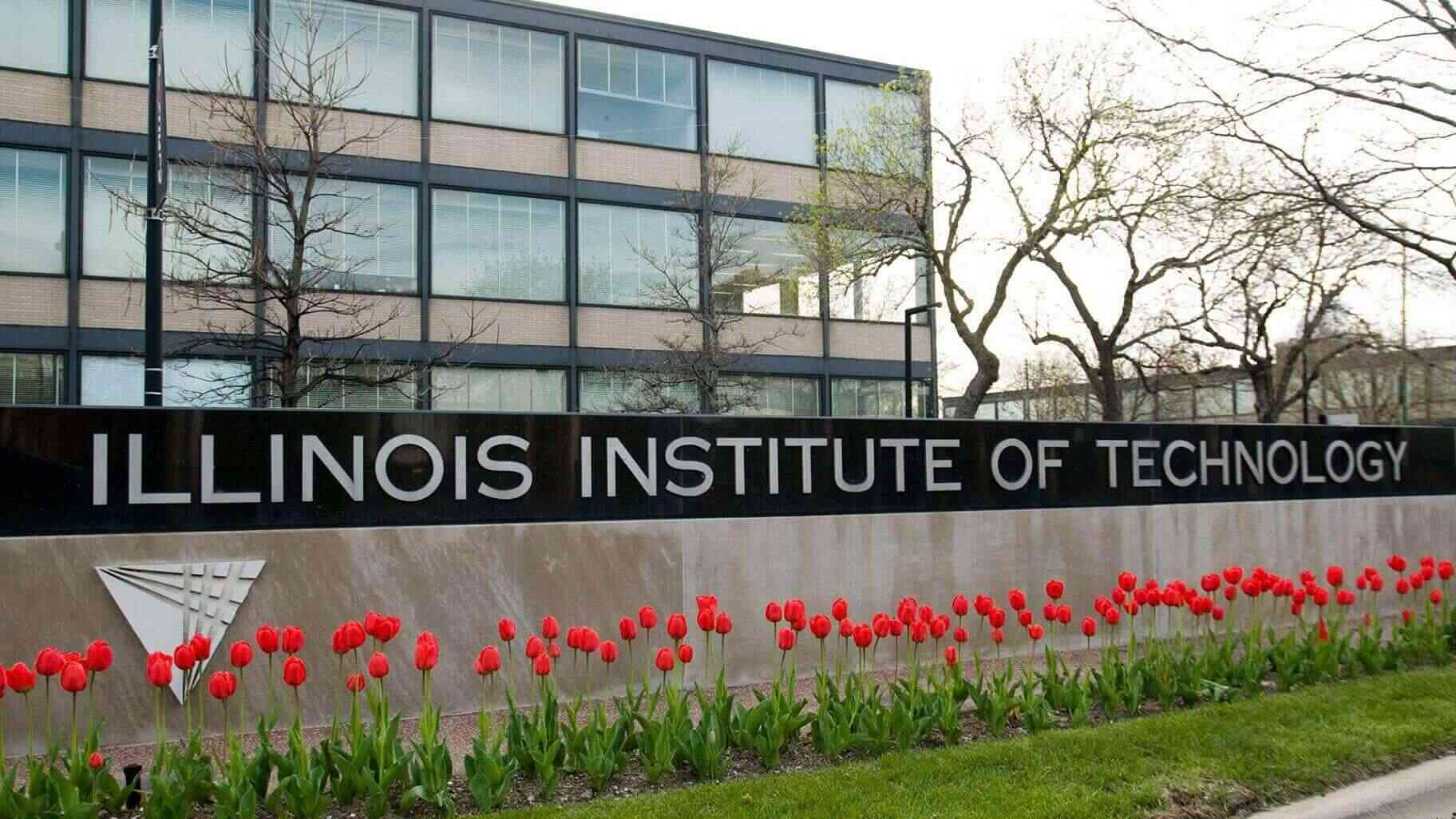
Illinois Institute of Technology
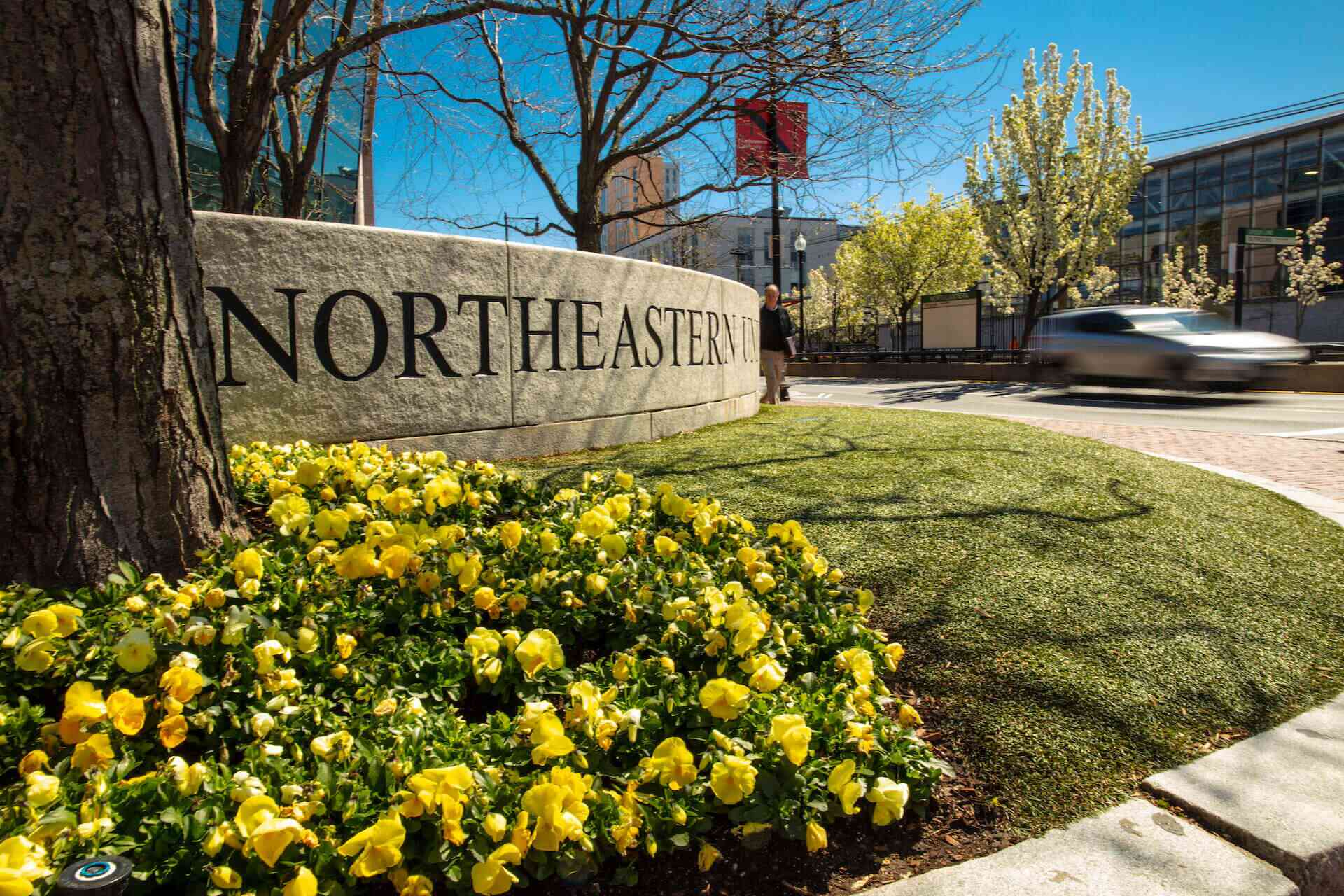
Northeastern University
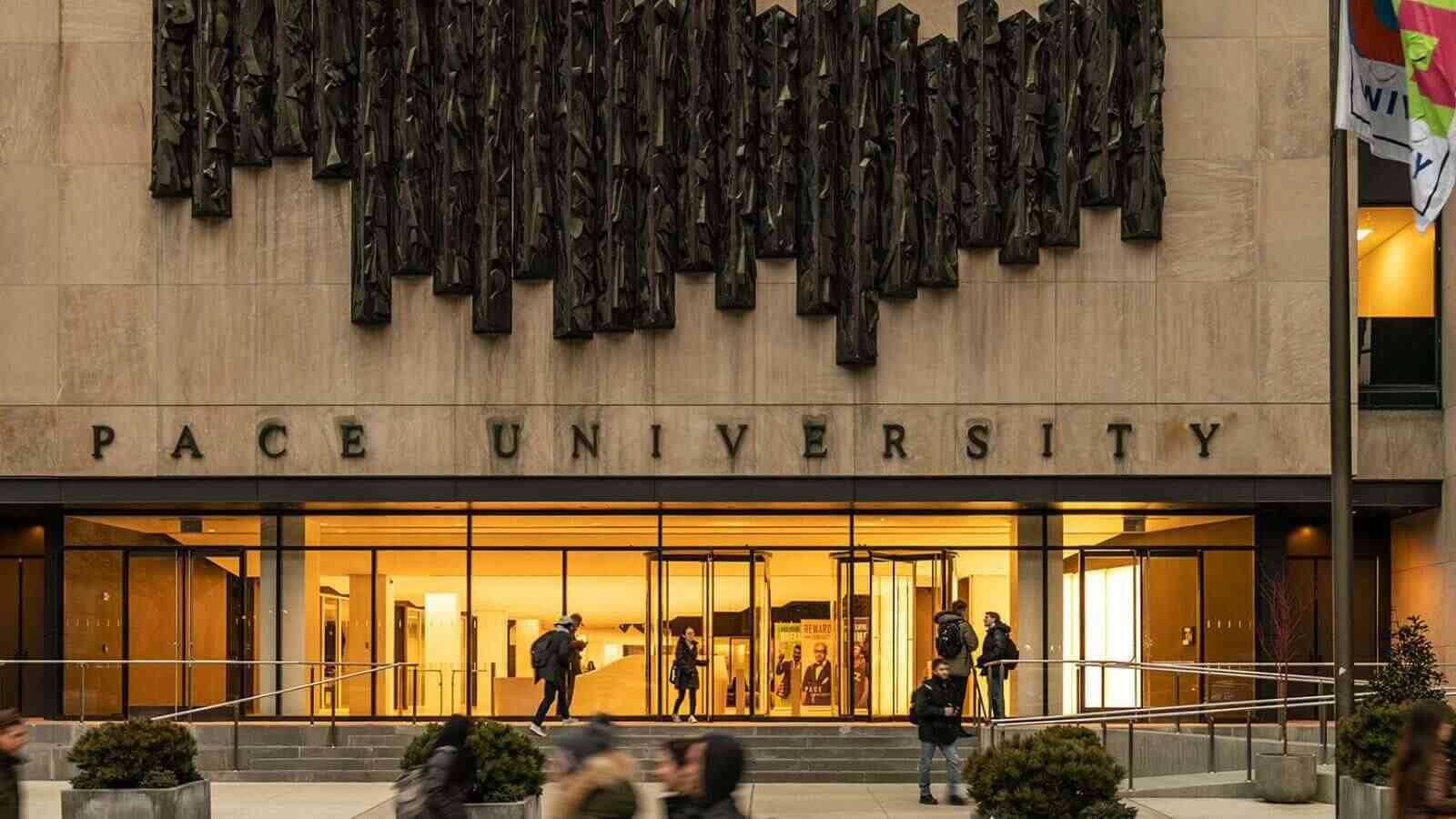
Pace University
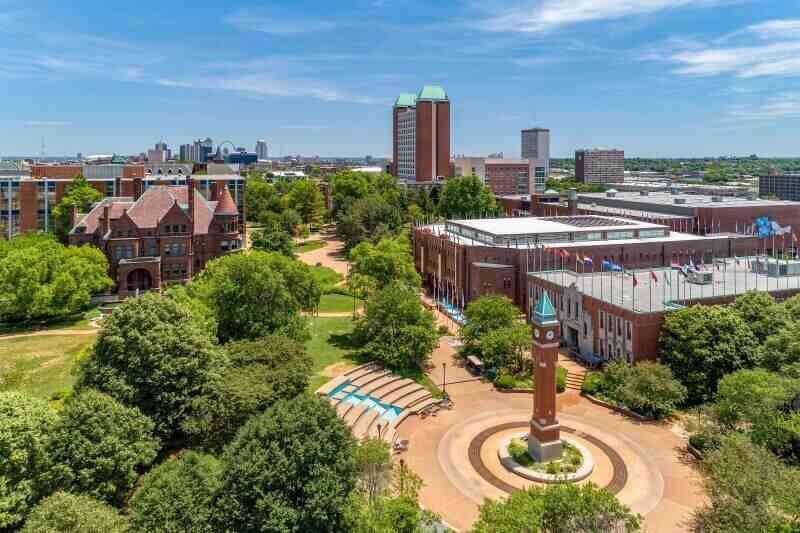
Saint Louis University
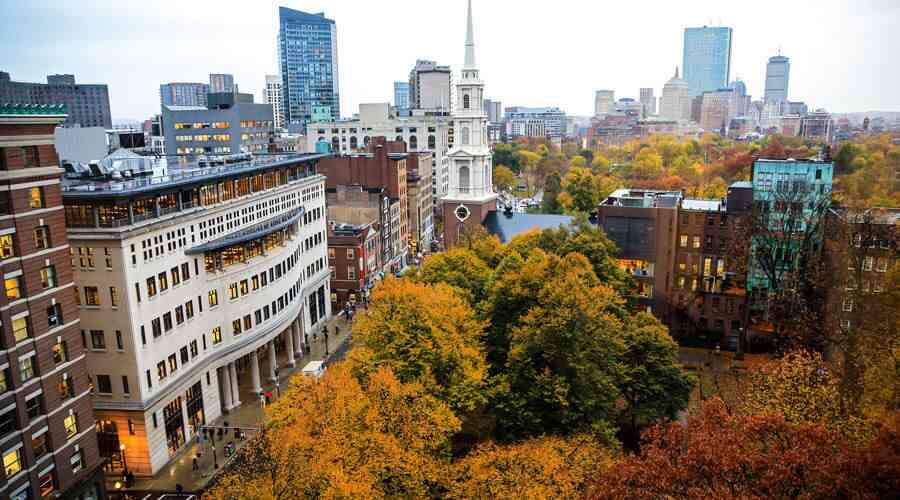
Suffolk University
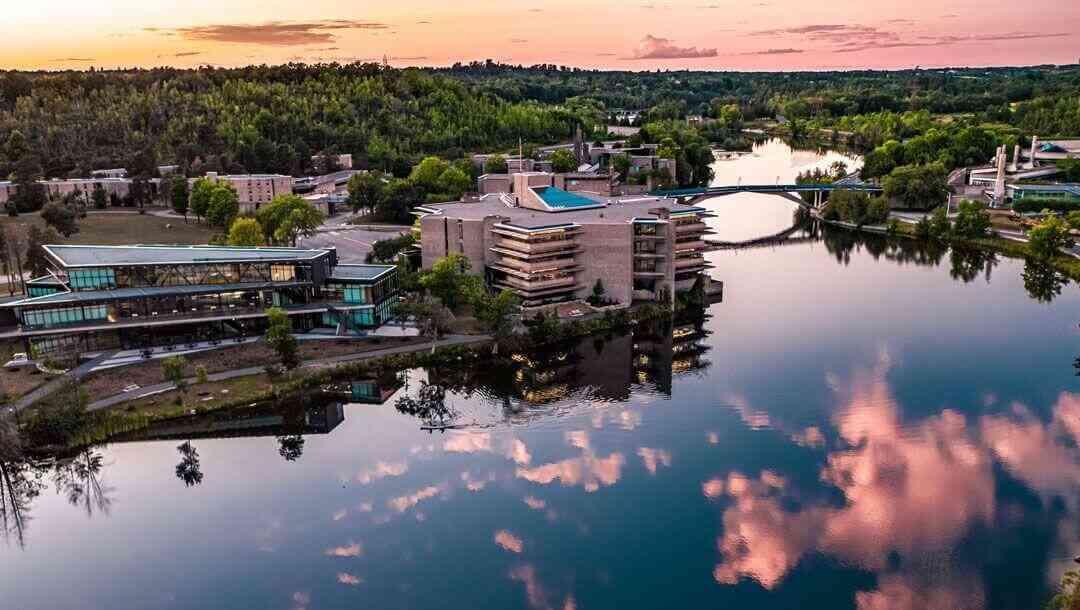
Trent university
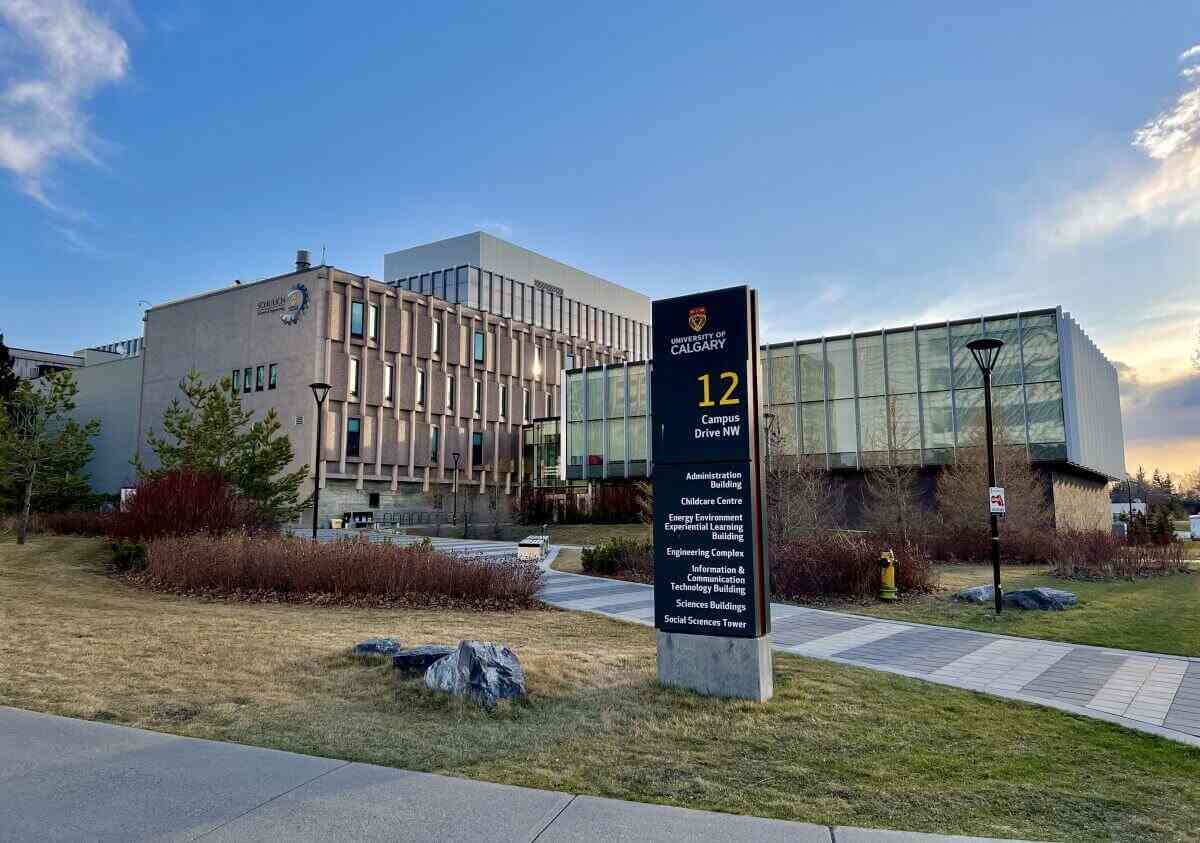
University of Calgary
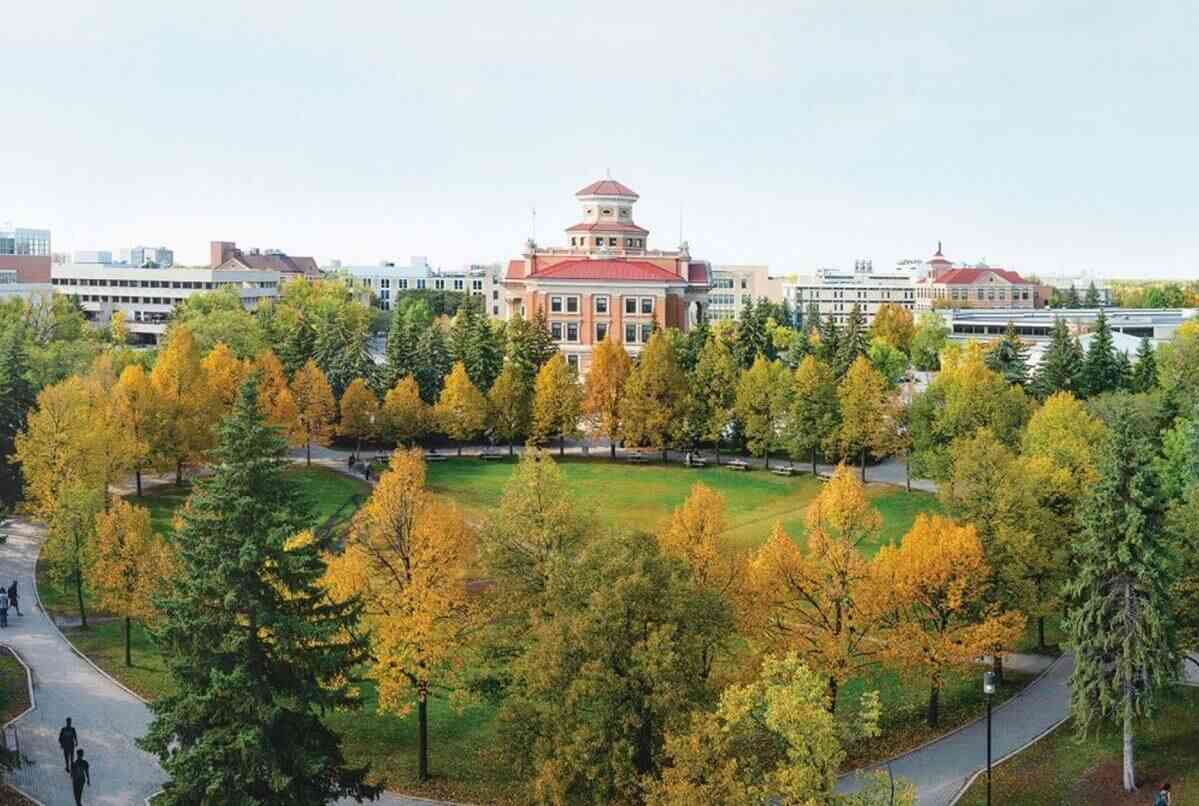
University of Manitoba
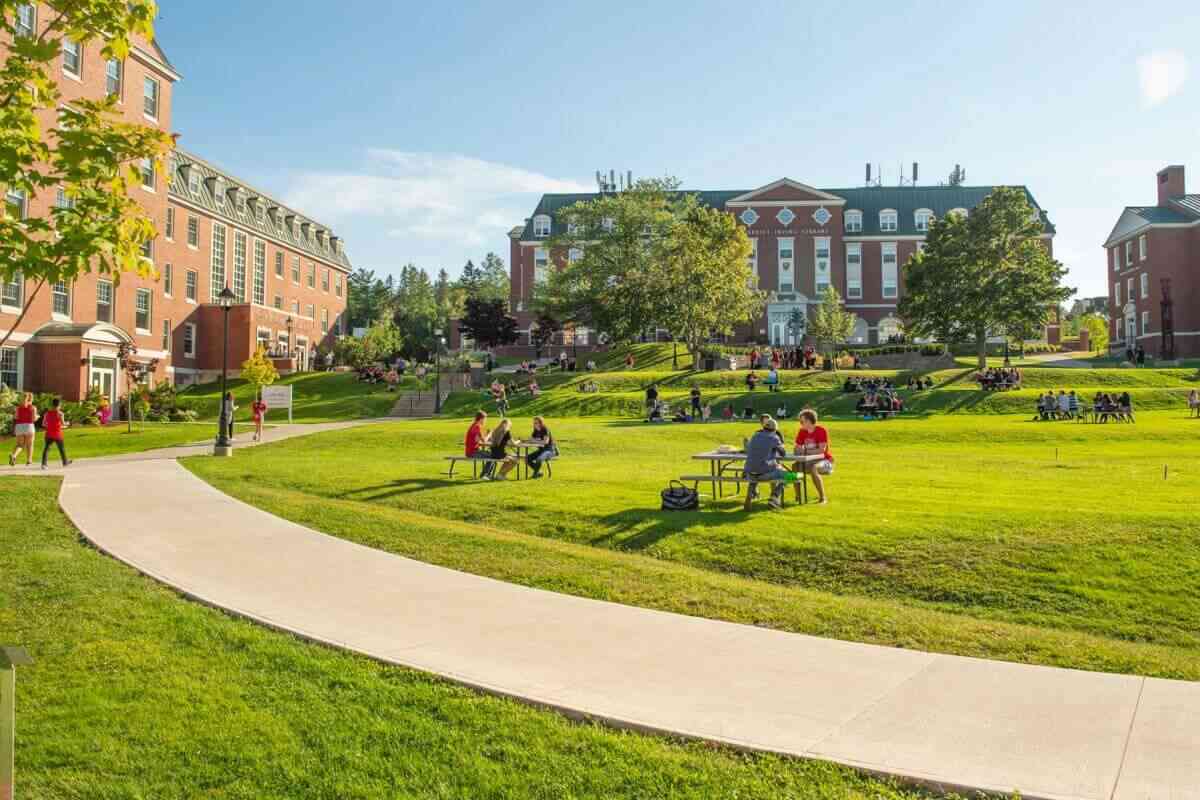
University of New Brunswick
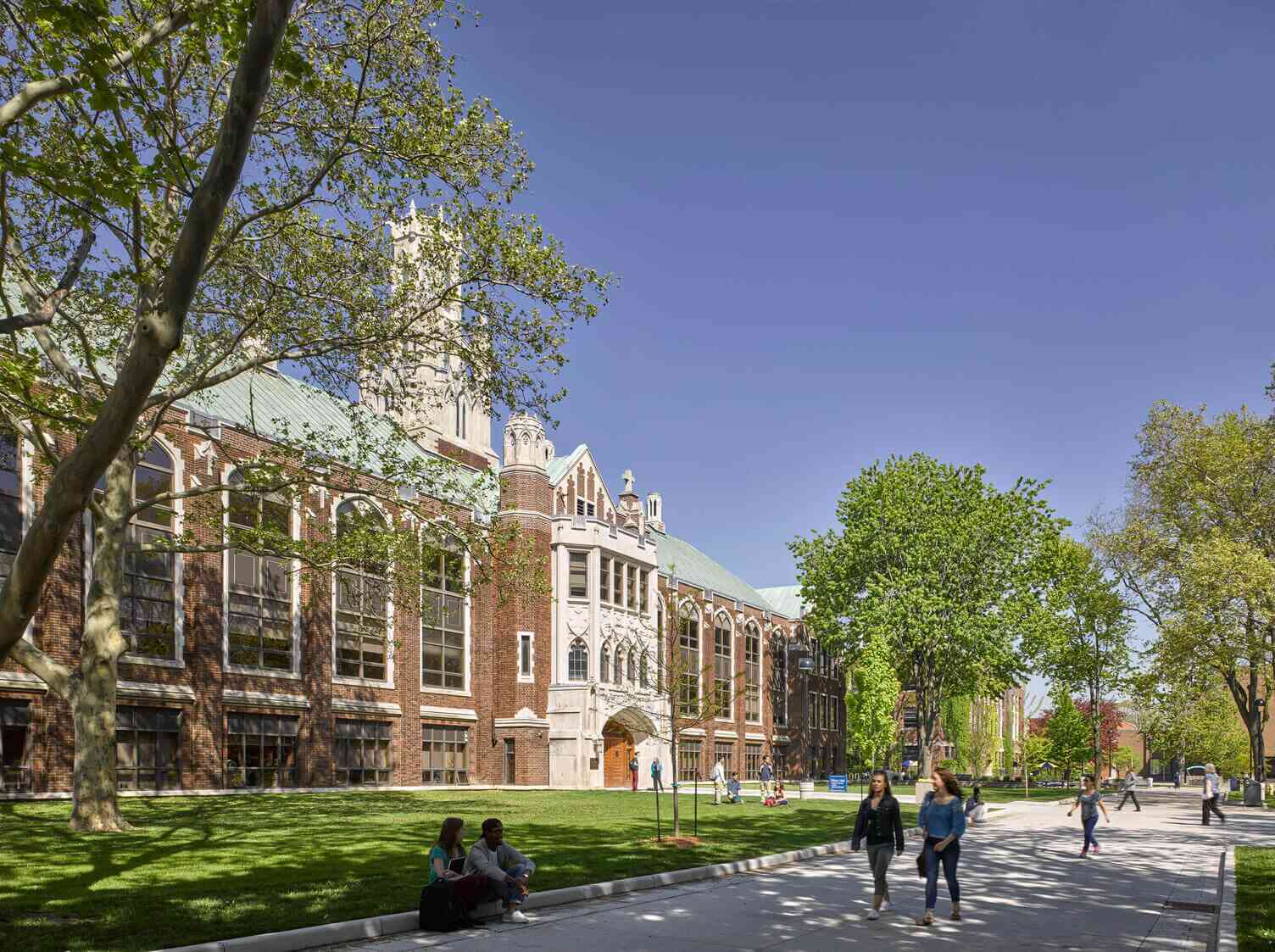

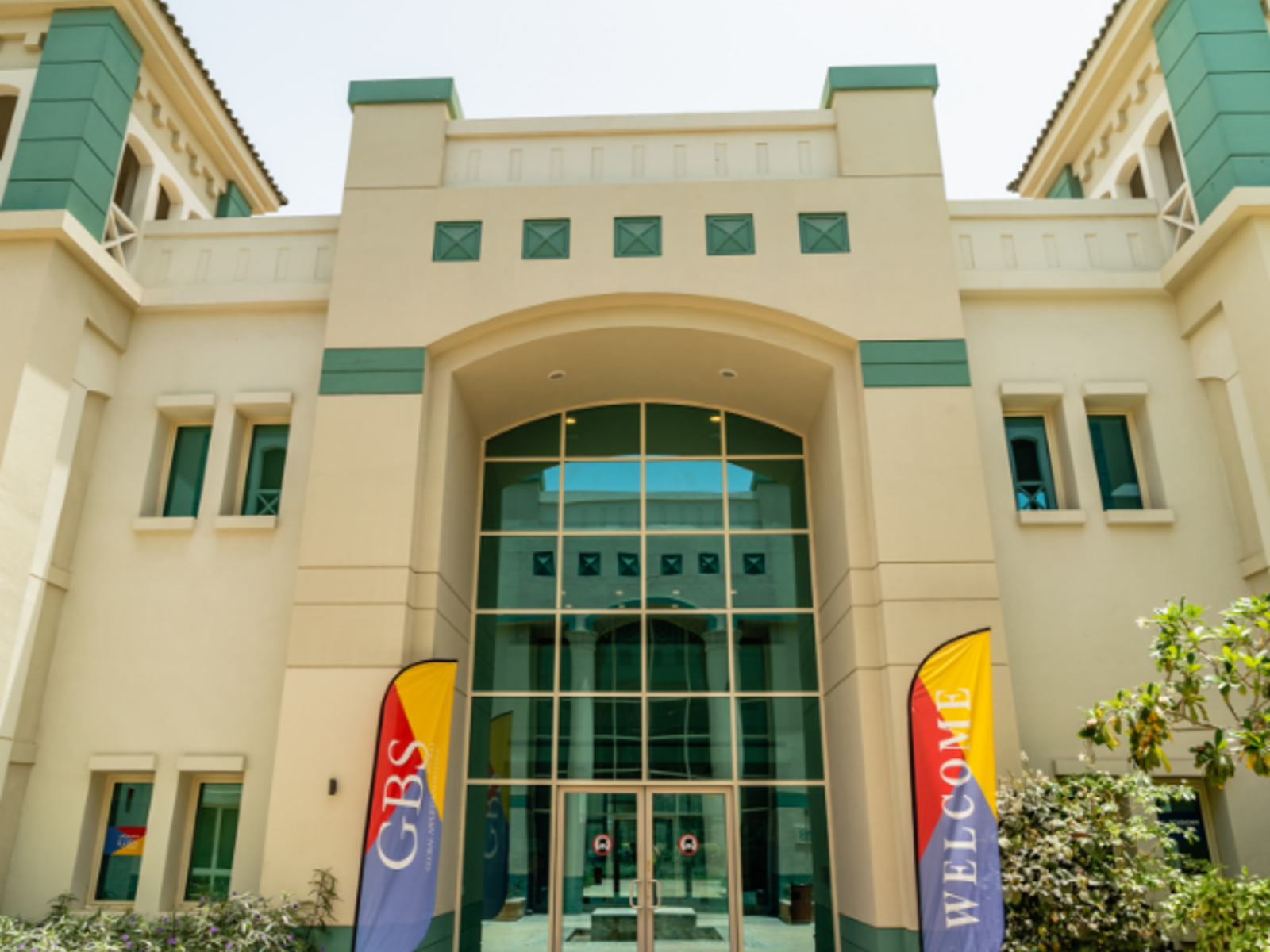



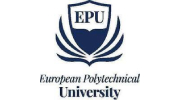
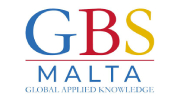


 +234 - 8143034629
+234 - 8143034629